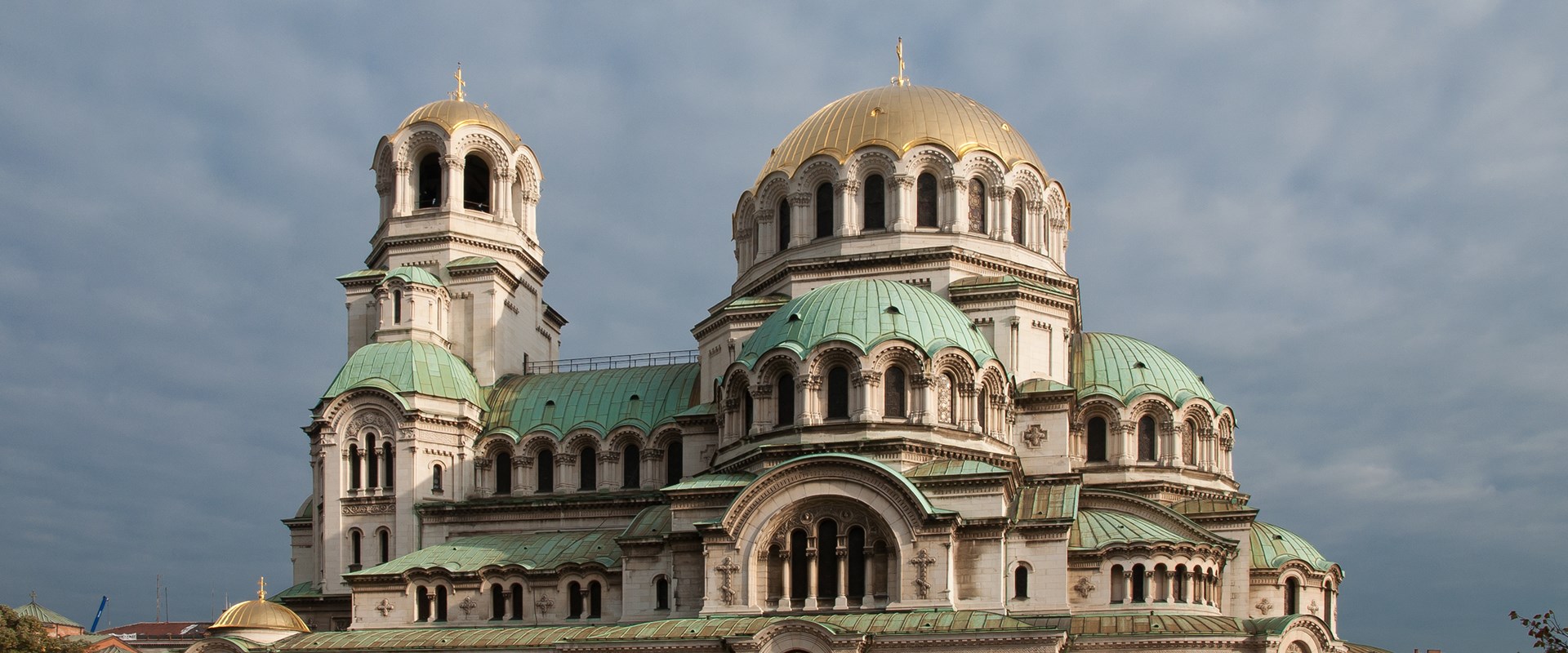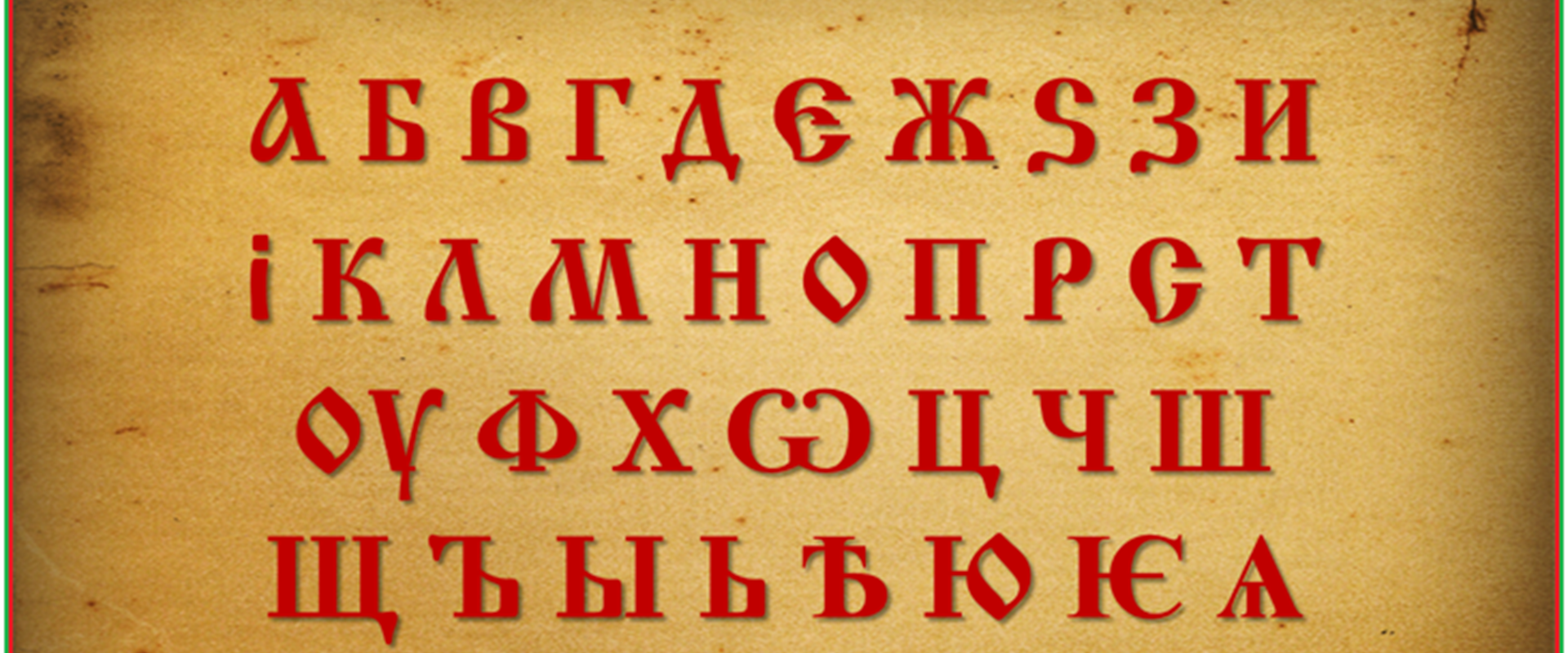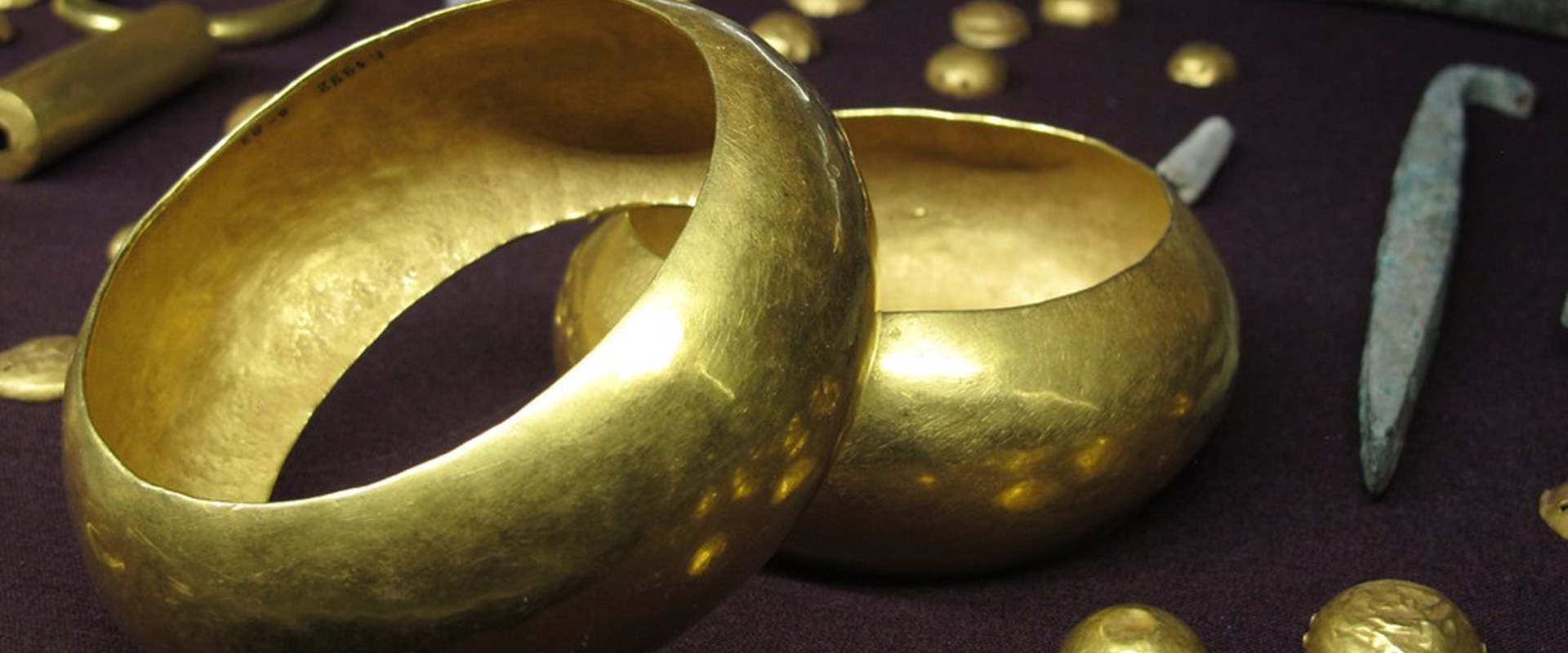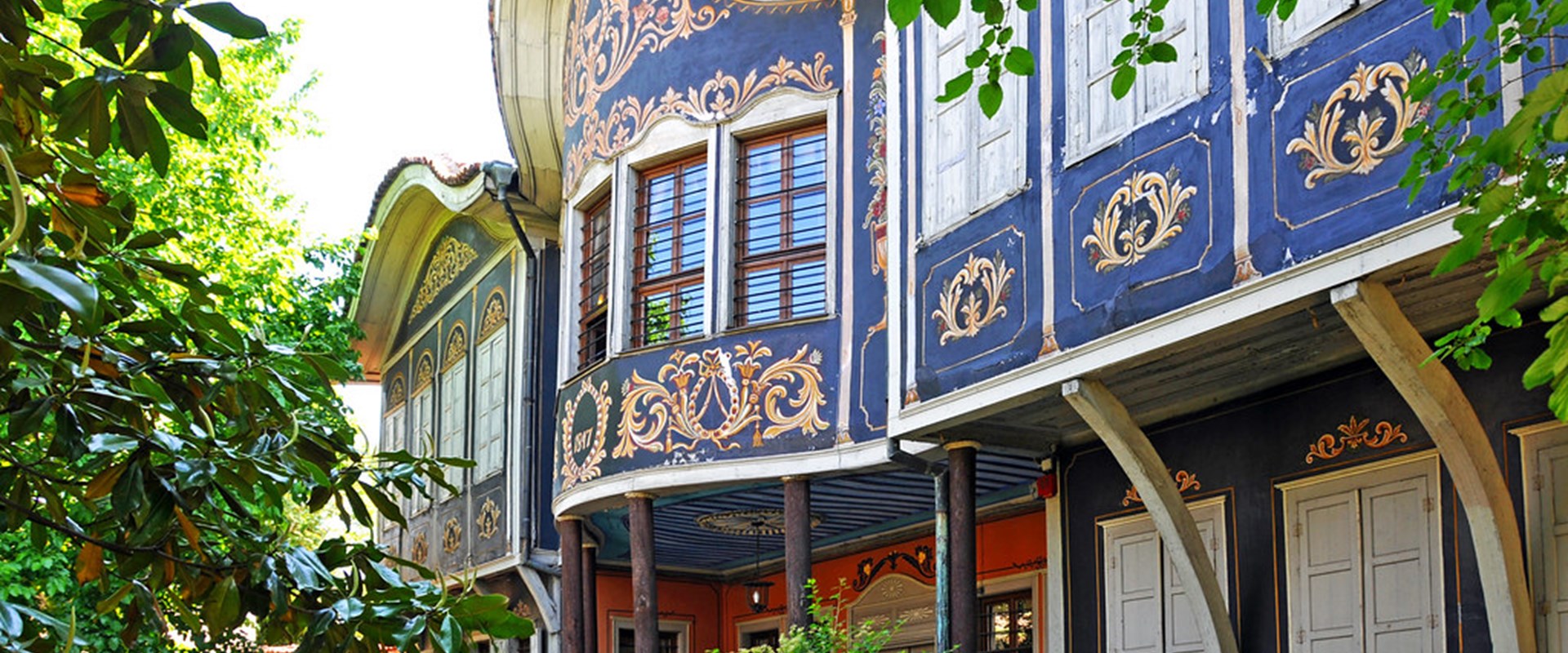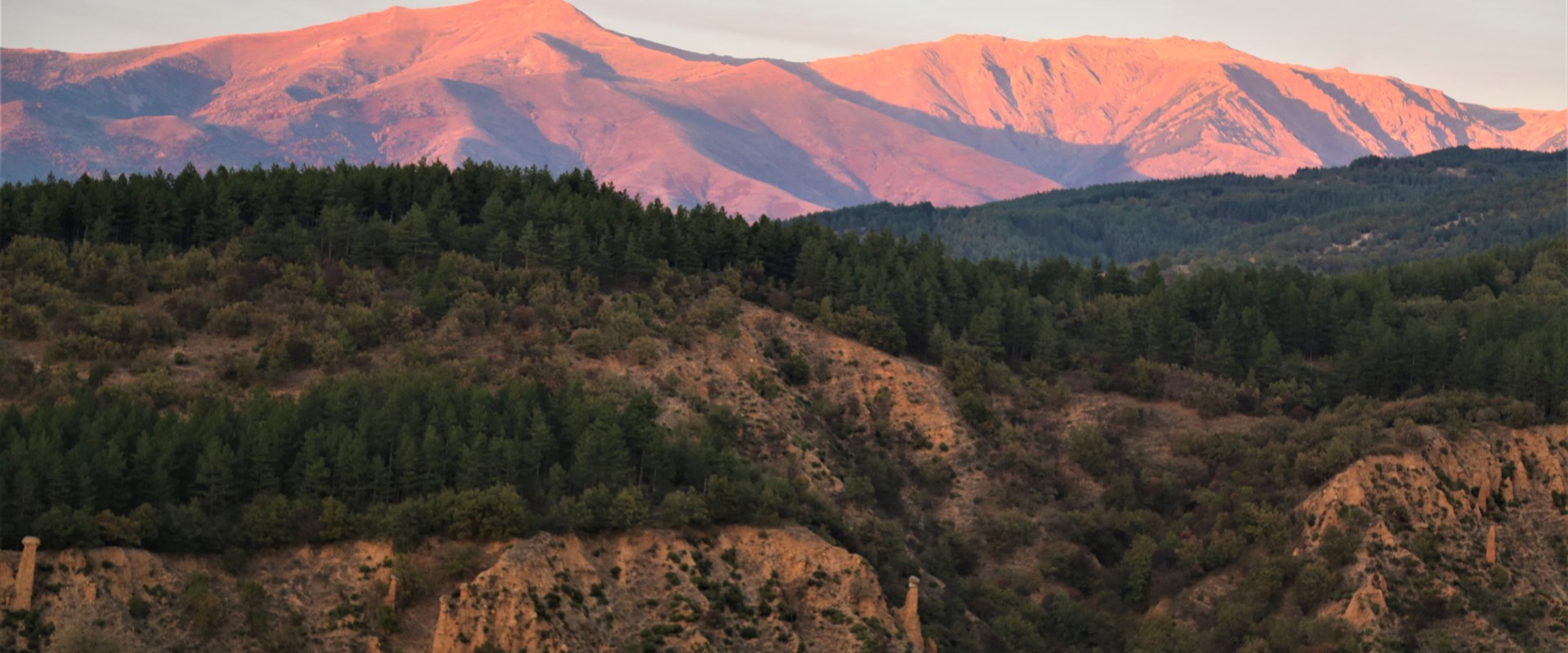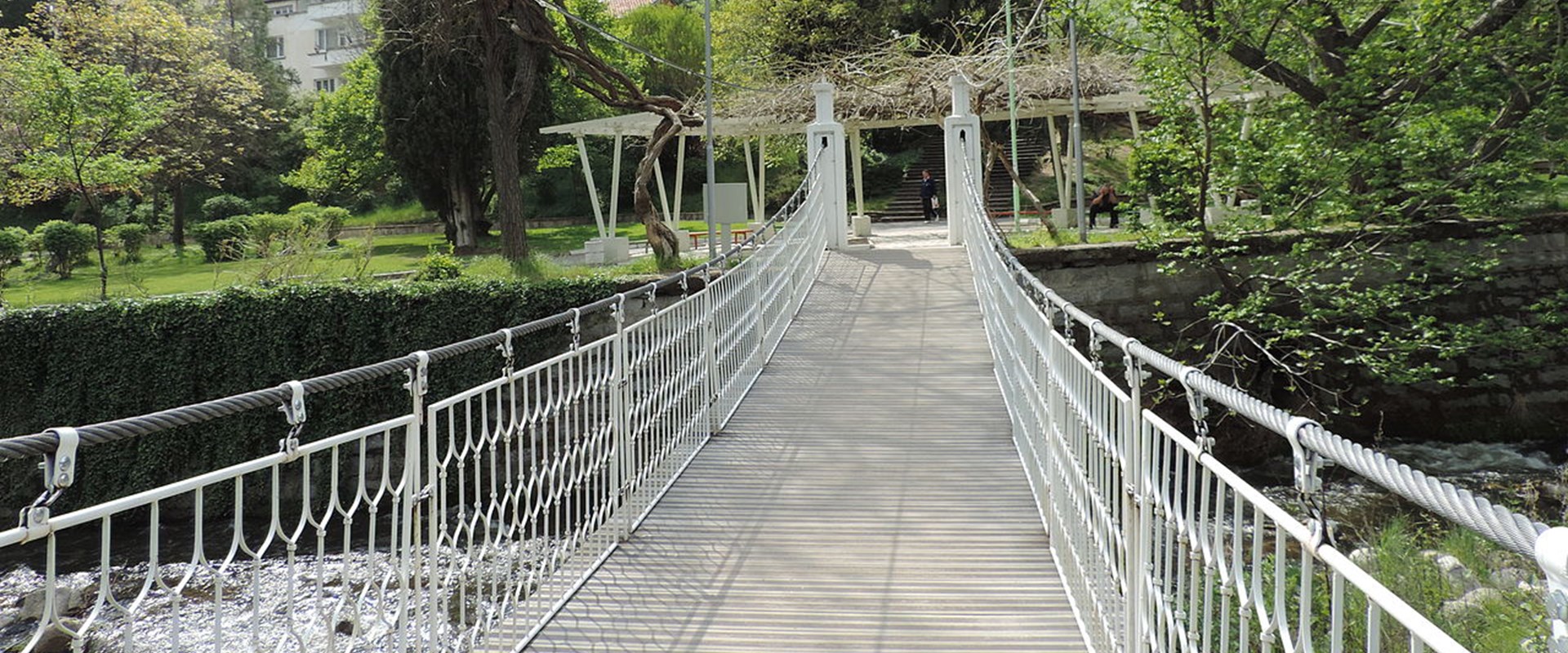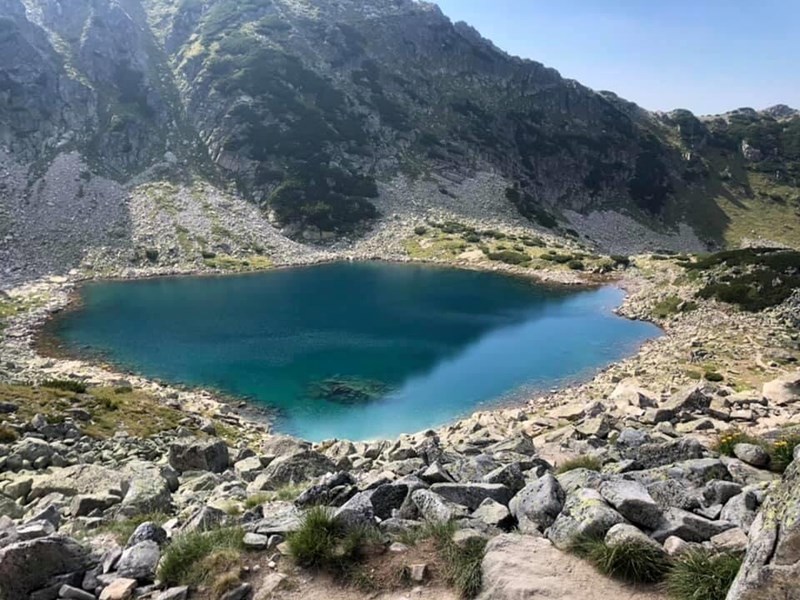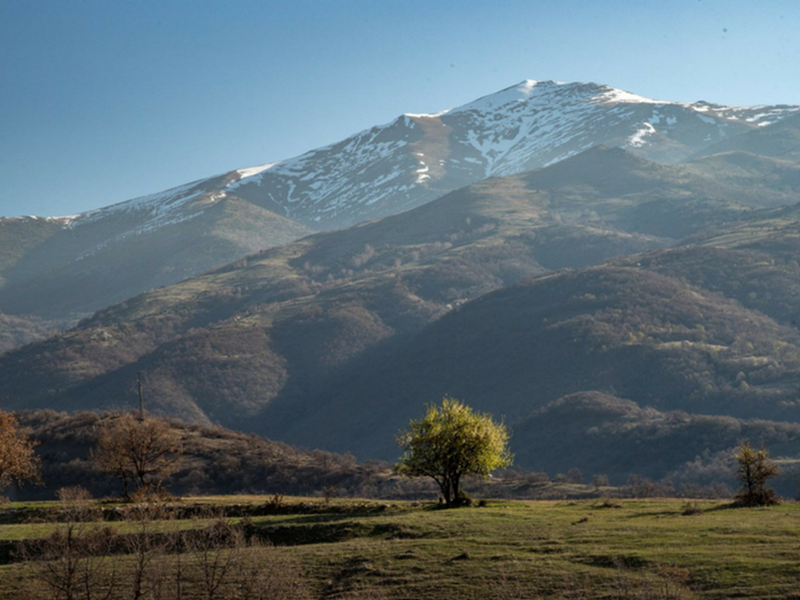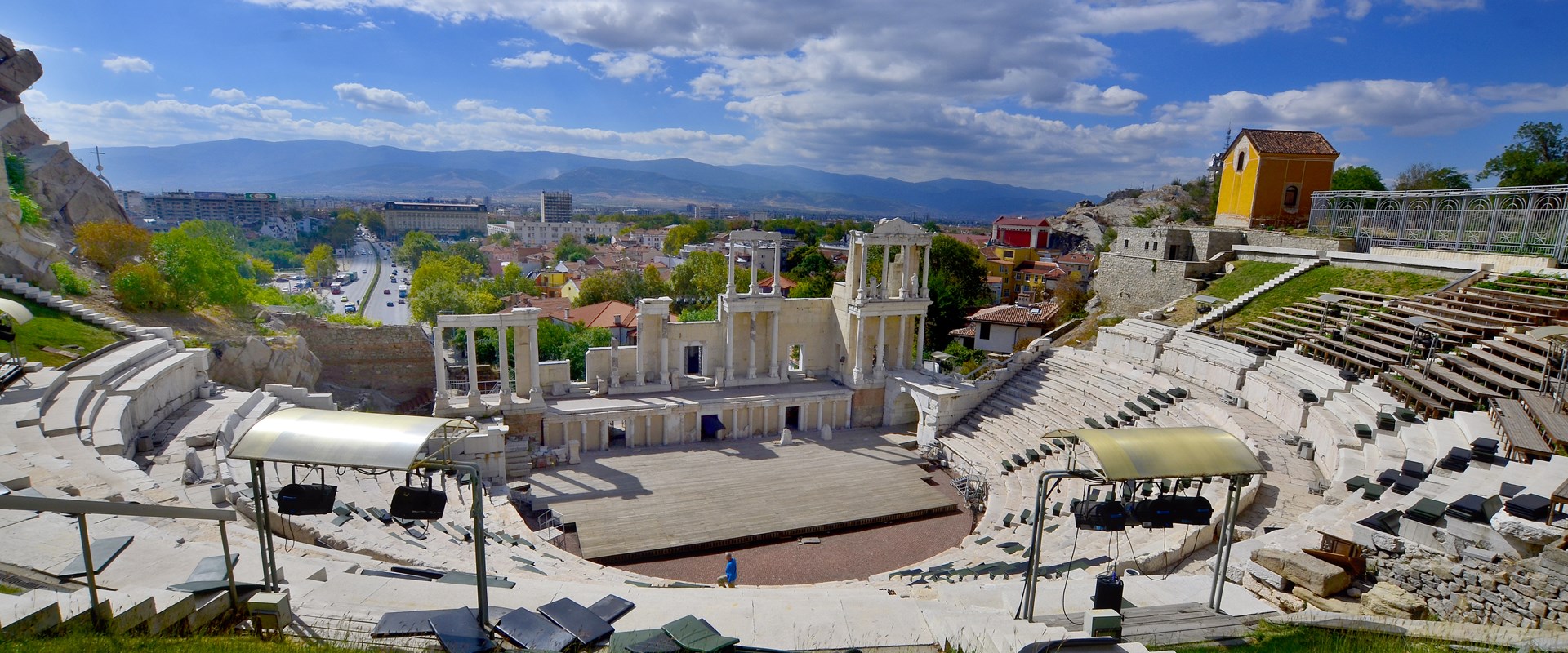
Bulgaria: 10 Intriguing Facts You May Not Know
Located in Southeastern Europe, Bulgaria is a country at a crossroad of civilizations, both modern and ancient. The 7-million nation shares borders with Turkey, Greece, North Macedonia, Serbia and Romania and boasts famous ski resorts and a seacoast, small picturesque villages and large cities with exciting nightlife, a 13-century old history and a forward-looking perspective as a member of the European Union, NATO and the Council of Europe. Indeed, we can say that Bulgaria is a place of contrasts and one that tourists are eager to explore.
What is your first association when you hear Bulgaria? Is it AUBG? Is it a famous mountain or a river? Is it a celebrity? If you are preparing to study in Bulgaria, you are probably looking forward to learn more about the country’s nature, architecture, cuisine and history. That’s why we have prepared ten interesting facts to get you acquainted with the country.
Bulgaria dates back to the 7th Century
Established in 681, Bulgaria is one of the oldest European countries and the only one in Europe that has never changed its name. With history that spans 13 centuries, the Eastern European country has a lot to offer to those interested in learning more about the past. Which leads us to our second point:
Bulgaria is third in Europe in terms of number of archeological sites
Bulgaria is in the top three in Europe when it comes to the number of archaeological sites. And while the other two countries – Italy and Greece – welcome millions of guests every year who are eager to explore their rich history, Bulgaria is still not that touristy. Which means that in Bulgaria, you can explore some of Europe’s oldest artefacts but without the crowds of tourists and the long waiting lines.
The Alexander Nevsky Cathedral is one of the largest Orthodox churches in the world
Situated in the heart of Bulgaria’s capital Sofia, the Alexander Nevsky Church will certainly strike you as an interesting architectural monument. An example of Neo-Byzantine architecture, this impressive cathedral has domes plated with pure gold and 12 bells, with the largest one weighting the impressive 12 tones while the smallest one – only ten kilograms.
The Cyrillic alphabet became the third official one in the European Union when Bulgaria joined the EU
Bulgaria was the first country in the European Union to use the Cyrillic alphabet and when the country joined in 2007, the alphabet became the third official one in the EU, after the Latin and the Greek alphabet. The Cyrillic alphabet was first introduced in Bulgaria in the 9th century and nowadays is used by more than 300 million people, mostly in Eastern Europe and Asia.
The Varna Gold Treasure is the oldest in the world
What’s considered to be the world’s oldest gold treasure has been found in Varna, a city on the coast that Bulgarians call the “sea capital.” The Varna Gold Treasure was found in 1972 and dates back to the fifth century B.C. The treasure consists of about 3000 items, each made out of 24-carat gold, and weights more than 6.5 kilograms.
Plovdiv is the oldest city in Europe
Bulgaria’s southern city Plovdiv, which was the European Capital of Culture for 2019, has existed for more than 8000 years. Also known as the City on the Seven Hills, Plovdiv offers both fascinating sights for the history lovers – such as the Ancient Theater of Philippopolis and the Old Town, and lots of excitement for young people – with many modern cafes and restaurants, hip bars and a lively art scene.
Almost one third of Bulgaria is covered with forests
Bulgaria is one of the counties with the greatest number of forests in Europe. They take one third of the country’s territory and are home to 43 endangered animal and plant species. The Bulgarian forests are a perfect place for sports, hiking or simply a chill walk in the nature.
A healthy bacterium is named after Bulgaria
Lactobacillus delbrueckii subsp. Bulgaricus, formerly known as Lactobacillus bulgaricus, is a healthy bacterium and the main one used in the production of yoghurt. It was first identified by Bulgarian doctor Stamen Grigorov, who named it Bacillus bulgaricus. Bulgarians are proud of their yogurt, which is famous around the world, and rarely go a day without eating some.
Bulgaria is the second country in Europe with the largest number of natural mineral springs
Bulgaria is a paradise for spa tourism. In total, there are 142 resorts in Bulgaria – 26 on the seaside, 56 in the mountains and 58 spa resorts. The town of Sandanski, which is famous for its mineral water and many spa resorts, is less than an hour-drive away from AUBG and Blagoevgrad.
Musala, the highest mountain peak on the Balkan Peninsula, is in Bulgaria
We have good news for all the mountain lovers – Bulgaria has some of the highest mountains on the Balkan Peninsula, and most of them are right outside Blagoevgrad. The highest on the Balkans, Rila Mountain’s Musala, and the famous ski resort Bansko in Pirin Mountain are both a short car drive away from Blagoevgrad.
With its ancient towns and treasures, magnificent mountains and sea views and even a bacterium named after it, Bulgaria is a place that offers a little bit of everything. The country — still not among Europe's most visited destinations — is guaranteed to make you want to come back, and why not stay forever.


